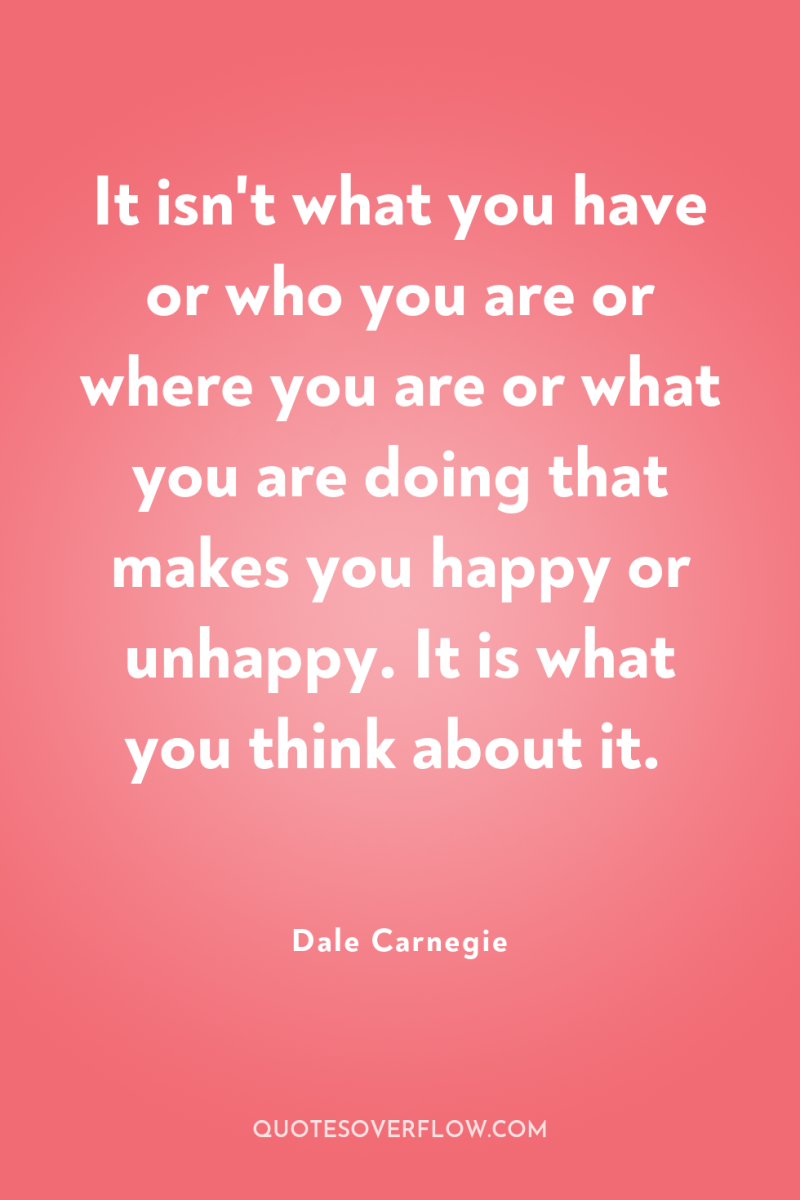
1
It isn't what you have or who you are or where you are or what you are doing that makes you happy or unhappy. It is what you think about it.Dale Carnegie
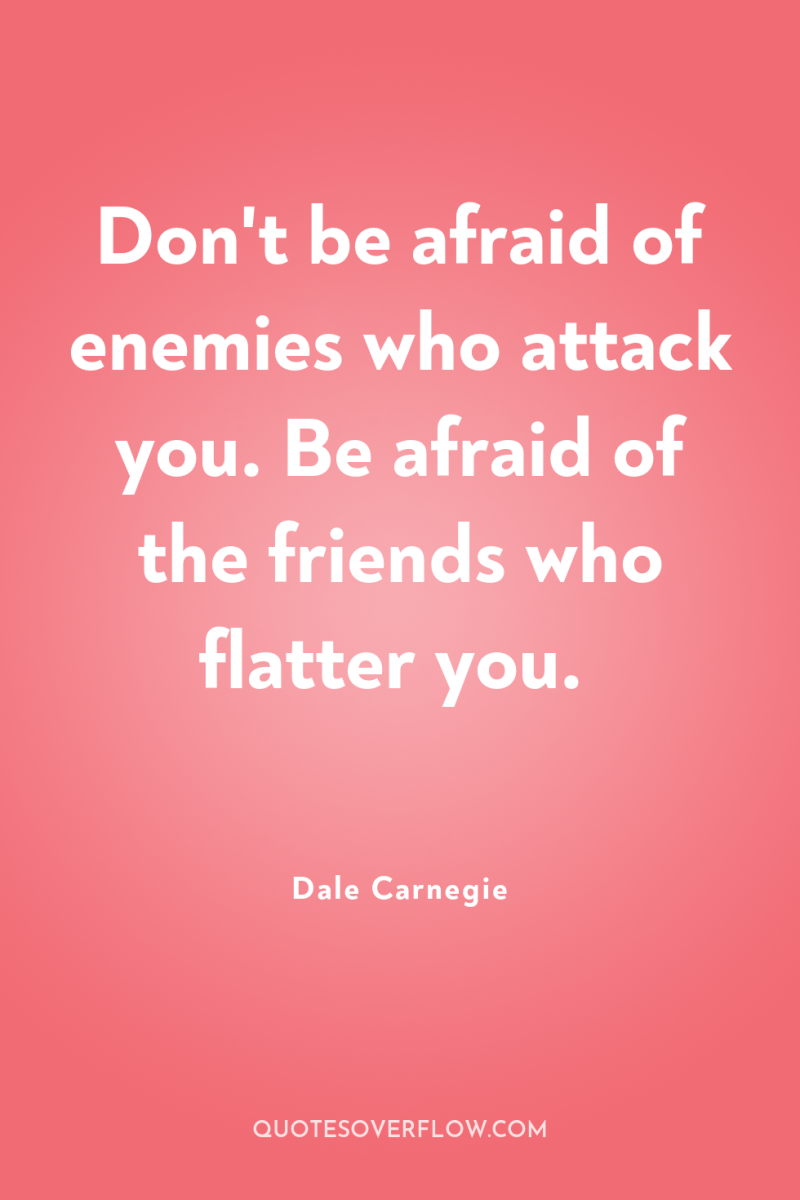
2
Don't be afraid of enemies who attack you. Be afraid of the friends who flatter you.Dale Carnegie
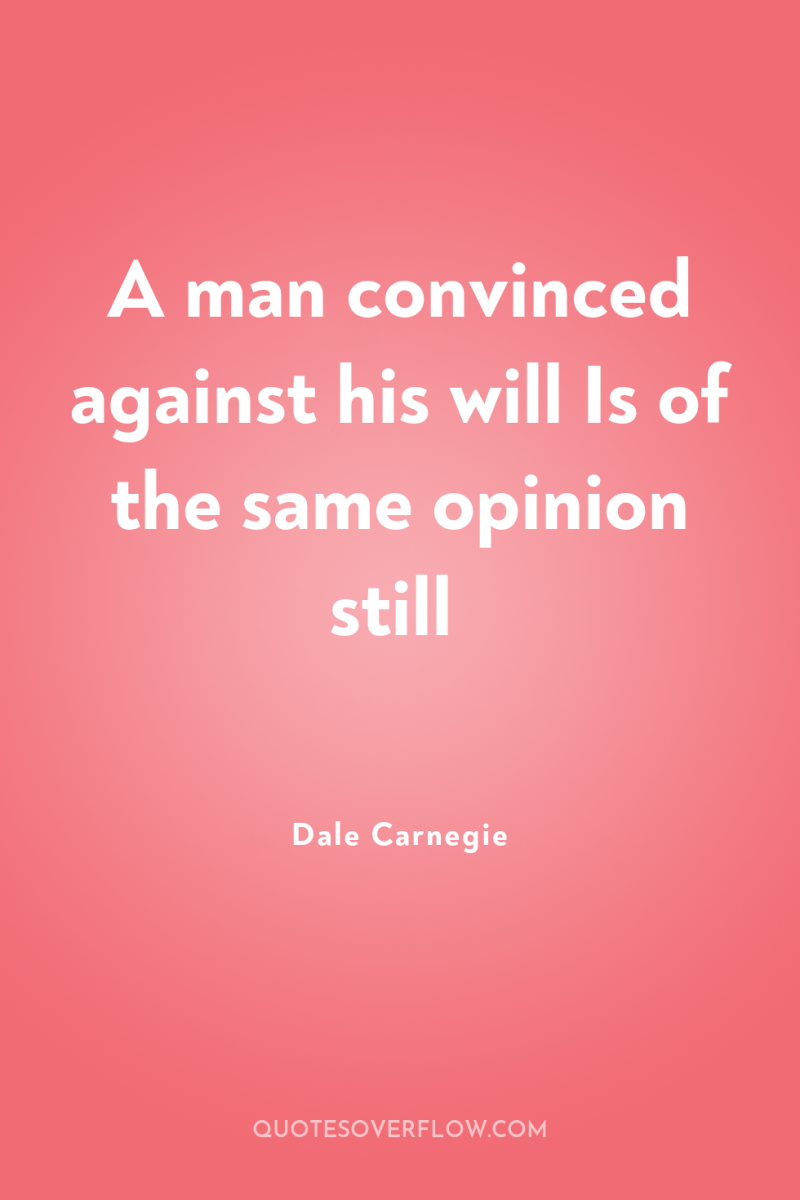
3
A man convinced against his will Is of the same opinion stillDale Carnegie
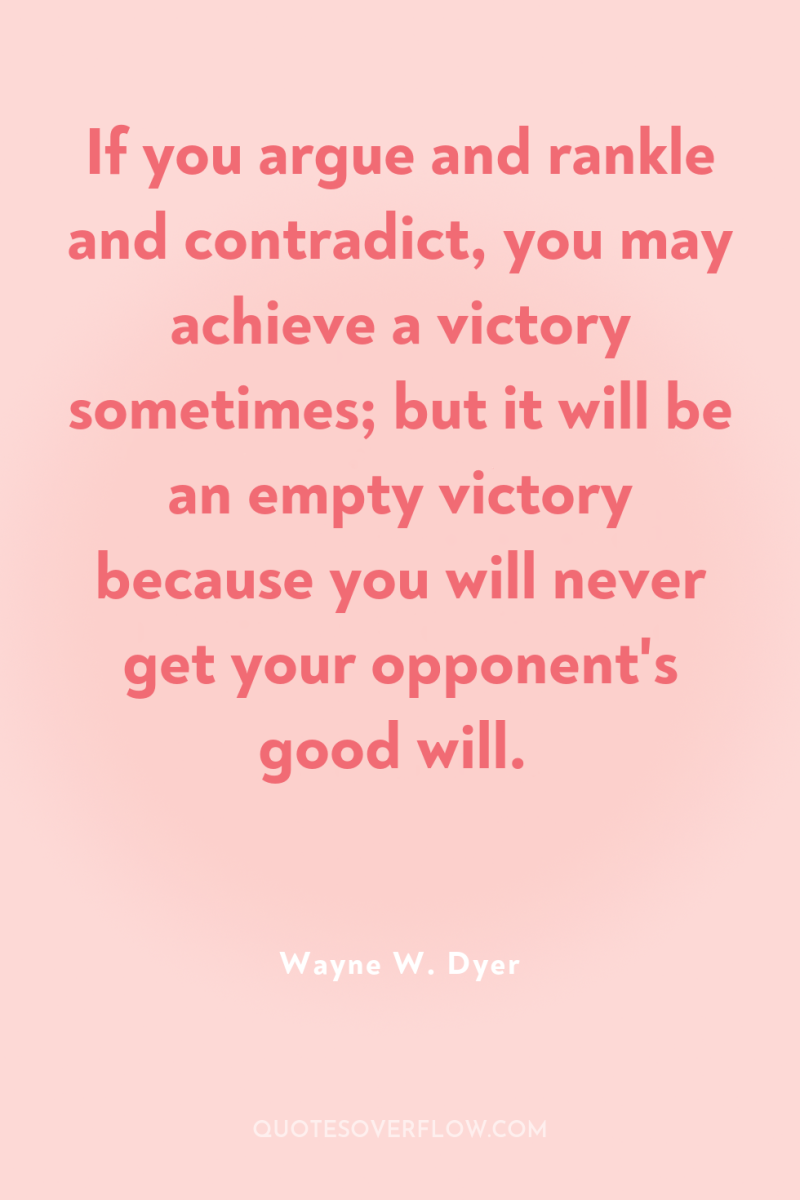
4
If you argue and rankle and contradict, you may achieve a victory sometimes; but it will be an empty victory because you will never get your opponent's good will.Dale Carnegie
5
Everybody in the world is seeking happiness–and there is one sure way to find it. That is by controlling your thoughts. Happiness doesn't depend on outward conditions. It depends on inner conditions.Dale Carnegie
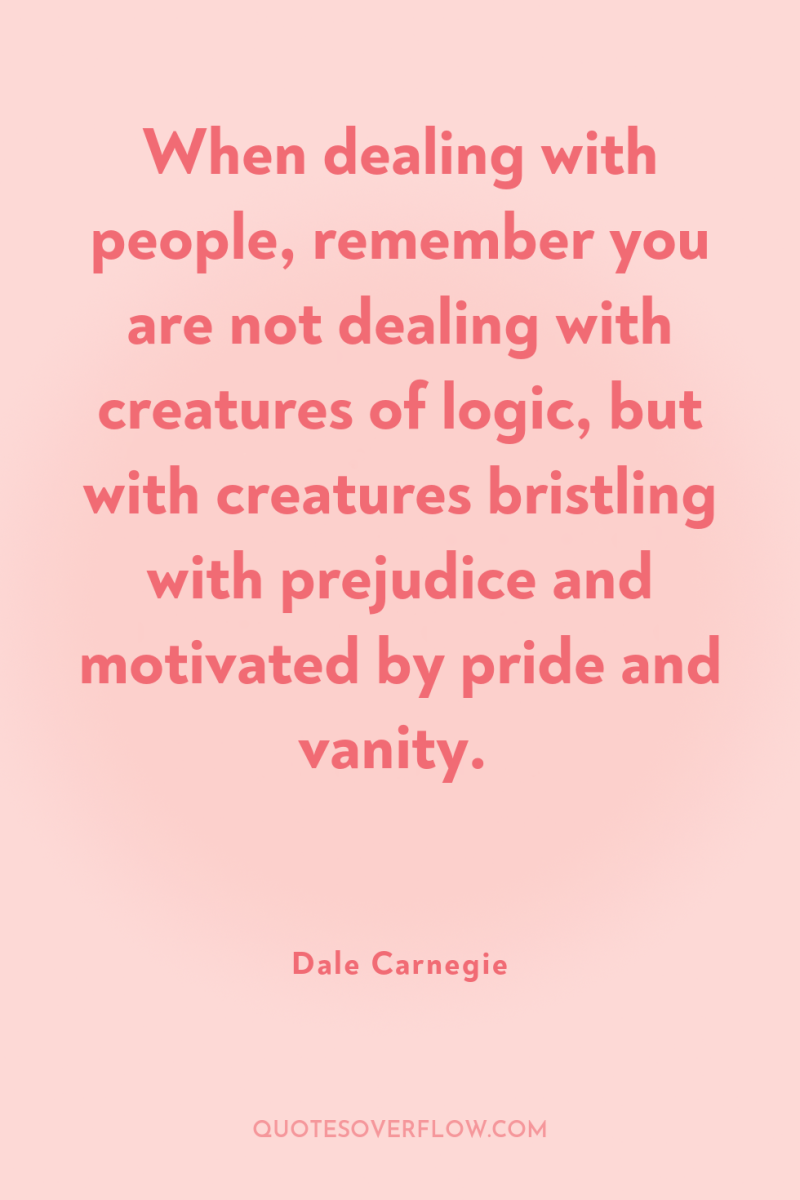
6
When dealing with people, remember you are not dealing with creatures of logic, but with creatures bristling with prejudice and motivated by pride and vanity.Dale Carnegie
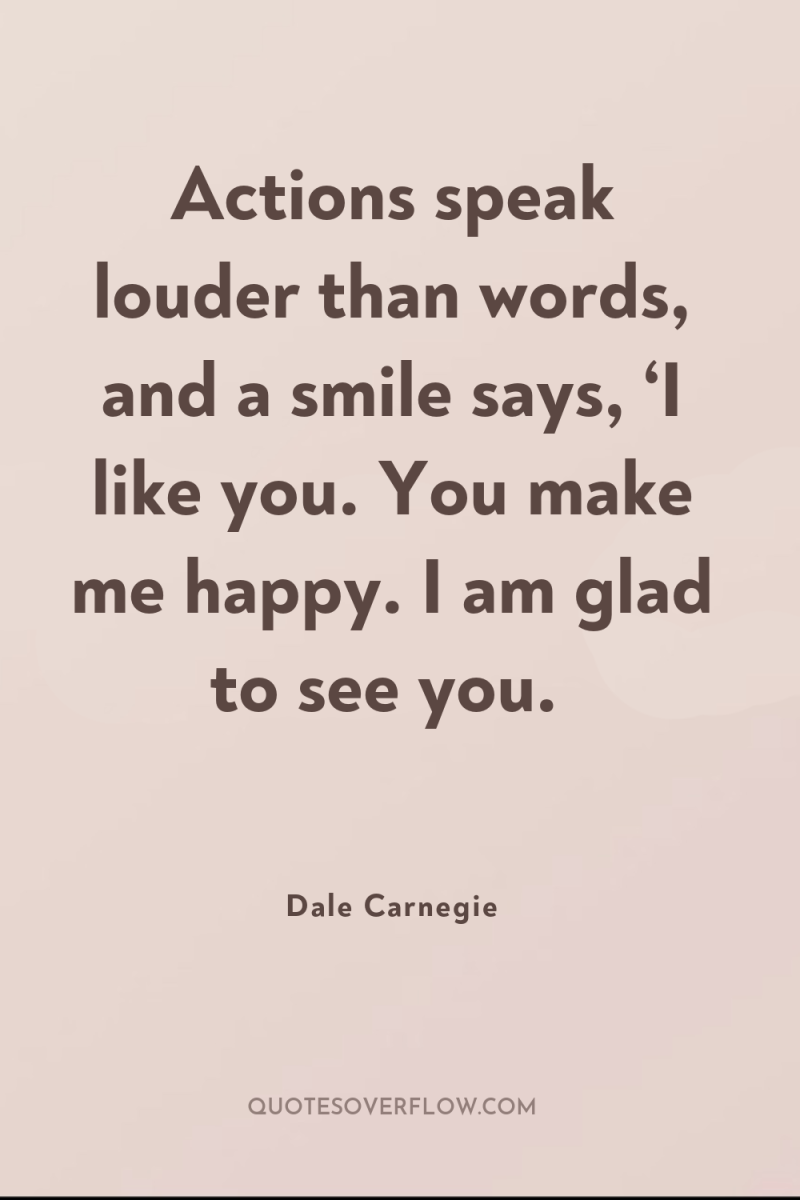
7
Actions speak louder than words, and a smile says, ‘I like you. You make me happy. I am glad to see you.Dale Carnegie
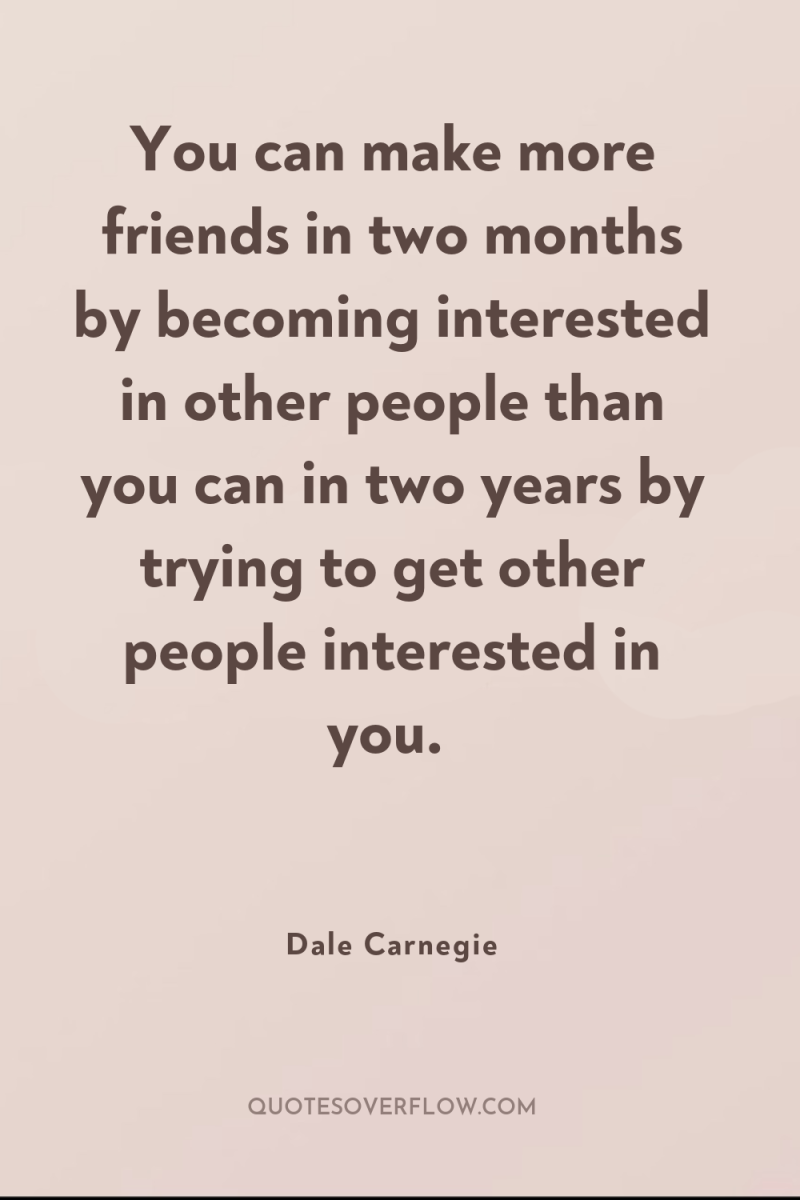
8
You can make more friends in two months by becoming interested in other people than you can in two years by trying to get other people interested in you.Dale Carnegie
9
I instantly saw something I admired no end. So while he was weighing my envelope, I remarked with enthusiasm: "I certainly wish I had your head of hair." He looked up, half-startled, his face beaming with smiles. "Well, it isn't as good as it used to be, " he said modestly. I assured him that although it might have lost some of its pristine glory, nevertheless it was still magnificent. He was immensely pleased. We carried on a pleasant little conversation and the last thing he said to me was: "Many people have admired my hair." I'll bet that person went out to lunch that day walking on air. I'll bet he went home that night and told his wife about it. I'll bet he looked in the mirror and said: "It is a beautiful head of hair." I told this story once in public and a man asked me afterwards: "'What did you want to get out of him?" What was I trying to get out of him! ! ! What was I trying to get out of him! ! ! If we are so contemptibly selfish that we can't radiate a little happiness and pass on a bit of honest appreciation without trying to get something out of the other person in return - if our souls are no bigger than sour crab apples, we shall meet with the failure we so richly deserve.Dale Carnegie
10
Could my opponents be right? Partly right? Is there truthor merit in their position or argument? Is my reaction onethat will relieve the problem, or will it just relieve any frustration? Will my reaction drive my opponents further awayor draw them closer to me? Will my reaction elevate the estimation good people have of me? Will I win or lose? What price will I have to pay if I win? If I am quiet about it, will the disagreement blow over? Is this difficult situationan opportunity for me? .Dale Carnegie
11
By becoming interested in the cause, we are less likely to dislike the effect.Dale Carnegie
12
As much as we seek approval, we dread condemnationDale Carnegie
13
Why talk about what we want? That is childish. Absurd. Of course, you are interested in what you want. You are eternally interested in it. But no one else is. The rest of us are just like you: we are interested in what we want.Dale Carnegie
14
I will chum with you, and suffer when you suffer, and laugh when you laugh. I will bite my tongue when impatient words come. I will keep saying as if it were a ritual: "He is nothing but a boy -- a little boy!Dale Carnegie
15
We are gods in the chrysalis.Dale Carnegie
16
I don't blame you one iota for feeling as you do. If I were you I would undoubtedly feel just as you do."(..) You can say that and be 100 percent sincere, because if you were the other person you, of course, would feel just as he does (..) Suppose you had inherited the same body and temperament and mind (..) Suppose you had had his environment and experiences. You would then be precisely what he was - and where he was. For it is those things -and only those things - that made him what he was. (..) You deserve very little credit for being what you are - and remember, the people who come to you irritated, bigoted, unreasoning, deserve very little discredit for being what they are.Dale Carnegie
17
Once you take the time to consider the other person's perspective, you will become sympathetic to his feel ins and ideas. You will be able to authentically and honestly say, "I don't blame you for feeling as you do. If I were in your position, I would feel just as you do.Dale Carnegie
18
Any fool can criticize, complain, and condemn–and most fools do. But it takes character and self-control to be understanding and forgiving.Dale Carnegie
19
Many people begin their criticism with sincere praise followed by the word "but", which signals that the criticism is about to begin. This may make the listener questions the sincerity of the praise. Use "and" instead, and provide constructive advice rather than criticism. this is possibly the most effective ways to address an issue in written form without seeming false in your praise.Dale Carnegie
20
Let's realise that criticisms are like homing pigeons. They always return home. Let's realise that the person we are going to correct and condemn will probably justify himself o herself, and condemn us in return.Dale Carnegie
21
The chronic kicker, even the most violent critic, will frequently soften and be subdued in the presence of a patient, sympathetic listener– a listener who will be silent while the irate fault-finder dilates like a king cobra and spews the poison out of his system.Dale Carnegie